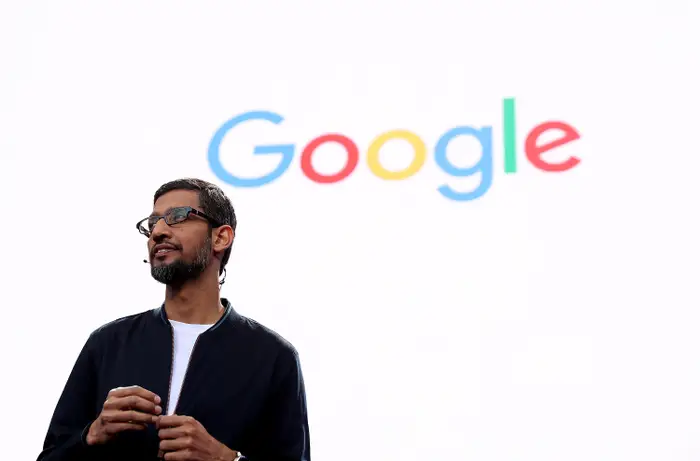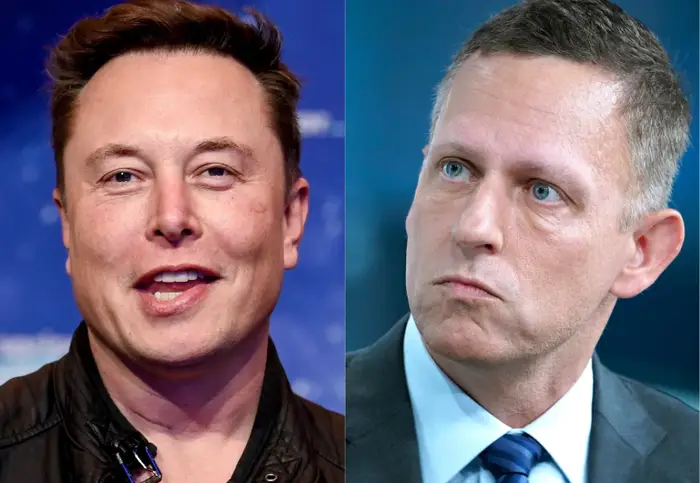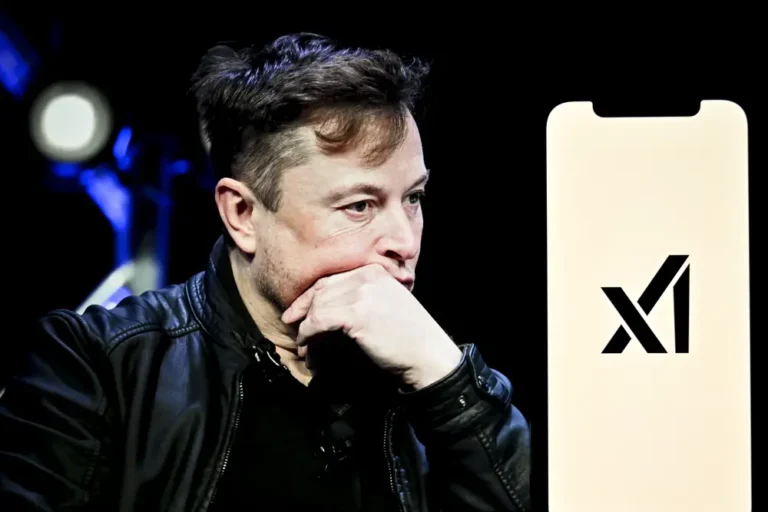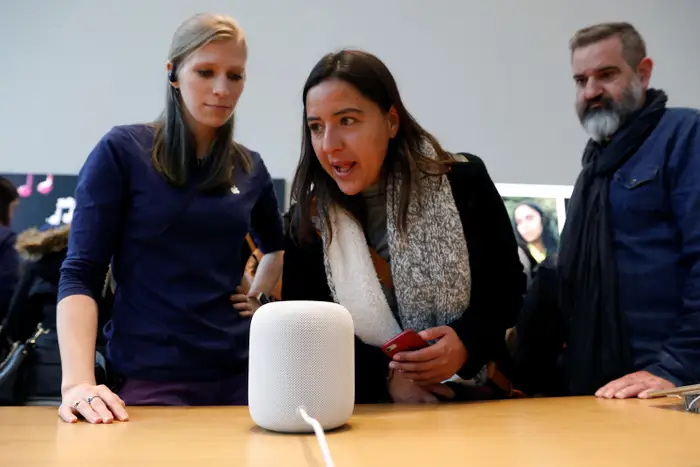Big Tech’s vanishing perks have left employees to face a stark new reality
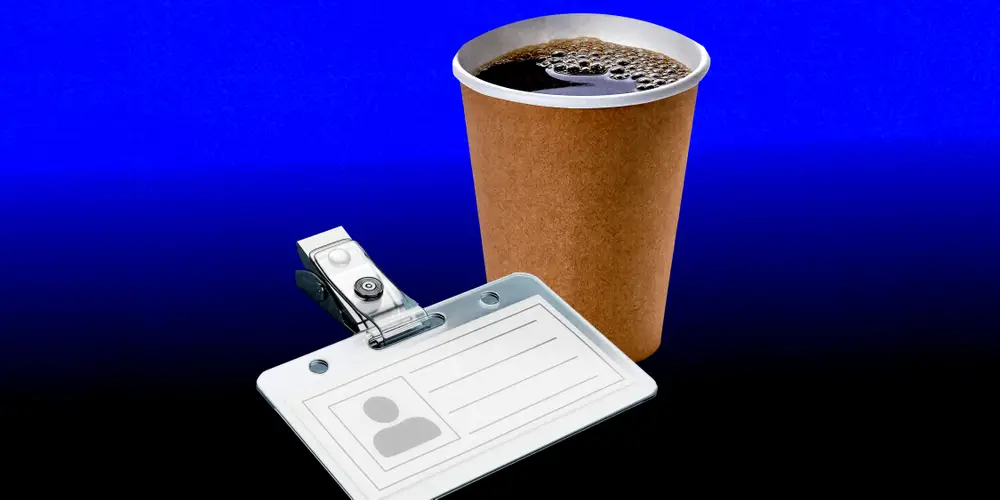
Boo! Did I scare you? If not, maybe this will surprise you: Microsoft disclosed an equity investment in OpenAI for the first time, SEC filings show. It could hint at an evolution in their relationship, as the tech giant previously described their deal as “a long-term partnership” in filings.
In today’s big story, Big Tech is pulling back on the freebies for its employees.
What’s on deck:
- Markets: Reddit’s stock had a monster day thanks to a strong earnings report.
- Tech: Tesla’s test drivers talk about pushing the limits of self-driving software.
- Business: We outlined what Trump and Harris’ policies mean for your tax bill.
But first, is this free?
The big story
No free lunches in tech

Use it. Don’t abuse it.
That’s the hard lesson tech workers are learning about their jobs’ free perks, B-17 write.
After years of upping the ante with everything from exercise classes to laundry services, tech companies are clamping down on the freebies. It’s part of a broader push to cut costs across the industry.
Those efforts took center stage recently when Meta fired employees for misusing Grubhub credits. Instead of buying food, people used the perk for things like laundry detergent and wine glasses.
Employees everywhere have been known to bend the rules with work benefits. A Citibank employee was fired after expensing business trip meals he eventually admitted were for his partner.
The difference for tech might be how widespread the perks are. Tech companies have gone out of their way to fully subsidize almost everything for their employees.
It’s not charity. The perks help recruit and retain talent and keep employees working at the office. (Free lunch at the office means more time spent working there.)

Amazon Web Services’ CEO Matt Garman addressed its RTO policy in an all-hands meeting.
A tech giant’s pullback on one work perk is causing an uproar.
Amazon’s new return-to-office mandate, which requires employees in the office five days a week, continues to face pushback from its workforce.
More than 500 employees signed a letter sent to Amazon Web Services’ CEO Matt Garman criticizing his support of the policy, B-17 write.
While speaking at an all-hands earlier this month, Garman said nine out of 10 Amazonians he spoke to were “actually quite excited about this change.” Remote work made it harder to innovate and collaborate, he added.
Some Amazon employees aren’t buying it. In the letter to Garman, they said the lack of hard numbers backing up the decision “fail to achieve our standard of decision making for critical issues.”
The true benefits and downsides of remote work are hard to nail down. Some studies have shown workers are more productive when working from home. Another conducted last year found remote work can stifle innovation.
It’s not all bad news for Amazon employees, though. When contacted by B-17 about the letter, a company spokesperson said in some cases Amazon would offer resources to employees like elder care and pet sitters.
In other words, perks.
News brief
Top headlines
- A new study shows that Americans agree on more than they’re willing to admit.
- Two big Fidelity funds own more than $100 million in OpenAI stock, filings show.
- Why Tesla’s sales are slipping in California, and what it means for Elon Musk’s car company.
- Dropbox lays off 20% of employees and joins Big Tech’s flattening trend. Read CEO Drew Houston’s memo.
- Starbucks CEO’s plan to fix the chain includes coffee in 4 minutes and comfy chairs.
- Gaming giant Take-Two is in talks to sell its Chartboost adtech division.
- Polymarket’s pro-Trump election predictions aren’t so surprising when you look at the rest of the site.
3 things in markets
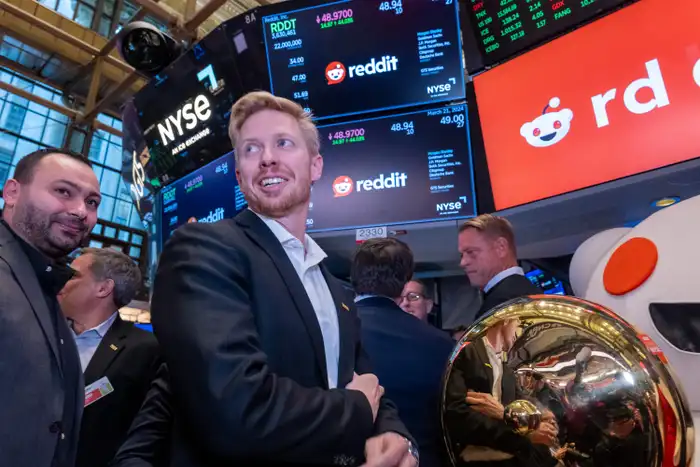
Reddit CEO Stave Huffman said more people are coming to the site for search.
- Reddit stock skyrockets to record high. The platform’s stock surged 42% Wednesday after a strong earnings beat fueled enthusiasm. Its revenue jumped 68% from a year ago, partly thanks to AI licensing deals with Google and OpenAI.
- Semiconductor stocks struggle. An index tracking the sector dropped 3% Wednesday. Super Micro Computer was in a free fall after its auditor resigned from working with it, saying it could “no longer be able to rely on management’s and the Audit Committee’s representations.”
- The US consumer won’t back down. Bad news: US real GDP fell short of expectations, growing at an annualized rate of 2.8% last quarter compared to a 3% forecast. Good news: The strength of the US consumer continues, as personal consumption expenditures grew at a 3.7% annualized rate.
3 things in tech
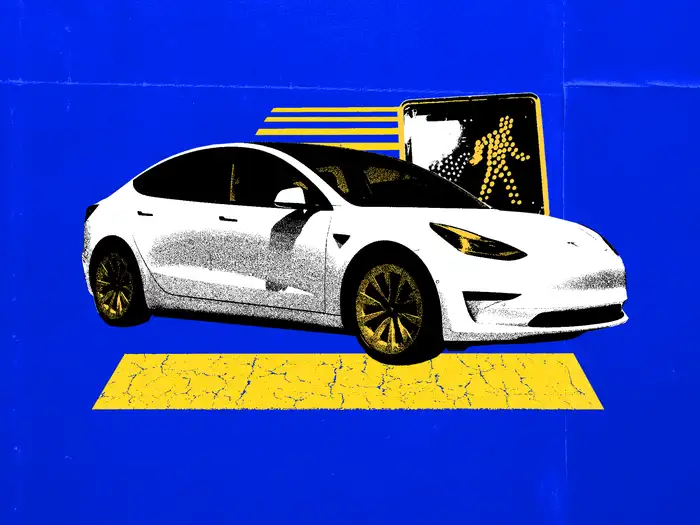
- Inside Tesla’s autonomous-driving testing program. In preparation for its future of autonomous vehicles, Tesla has been leaning on a specialized group of test drivers, part of what’s known internally as “Project Rodeo.” B-17 spoke with nine test drivers, who described sometimes perilous scenarios and near-crashes while testing unreleased software.
- Meta and Microsoft reported earnings. While Meta missed expectations for user growth (notching 3.29 billion daily active users instead of the expected 3.31 billion), its $40.59 billion in revenue beat estimates. Microsoft similarly surpassed analysts’ expectations as it continues to invest heavily in AI.
- Intel’s no good, very bad year. In 2023, some Intel employees received pay cuts to reduce costs and avoid layoffs. In August 2024, the company announced it would shed 15,000 employees via voluntary separation agreements and layoffs. B-17 spoke with eight current and former employees about Intel’s year of “setbacks.”
3 things in business

- What a Harris or Trump victory means for your taxes. Regardless of who wins next week, you’ll probably see a change to your tax bill in 2025 — Trump’s tax plans could mean increases for lower earners; Harris’ proposals would target higher earners. Meanwhile, both have proposed some version of nixing taxes on tips.
- Some Amazon employees support Jeff Bezos’ controversial WaPo decision. Internal messages viewed by B-17 reveal employee division over his decision to stop presidential endorsements by the Washington Post. While some commended the move, others questioned Bezos’ motives and timing.
- Inside the battle for control of America’s home listings. Open up Zillow, Redfin, or any of their competitors, and you’ll have a near-complete picture of all the homes for sale in the country. Real estate’s power players want to change that. They’re fighting each other for control, but it’s consumers who stand to lose.
What’s happening today
- Apple, Amazon, Intel, and other companies report earnings.
- Happy Halloween!
The Insider Today team: Dan DeFrancesco, deputy editor and anchor, in New York. Jordan Parker Erb, editor, in New York. Hallam Bullock, senior editor, in London. Milan Sehmbi, fellow, in London.


